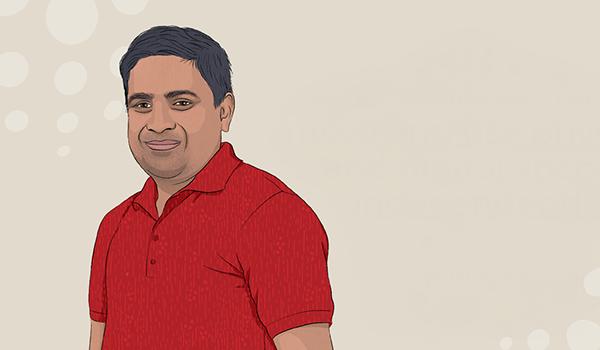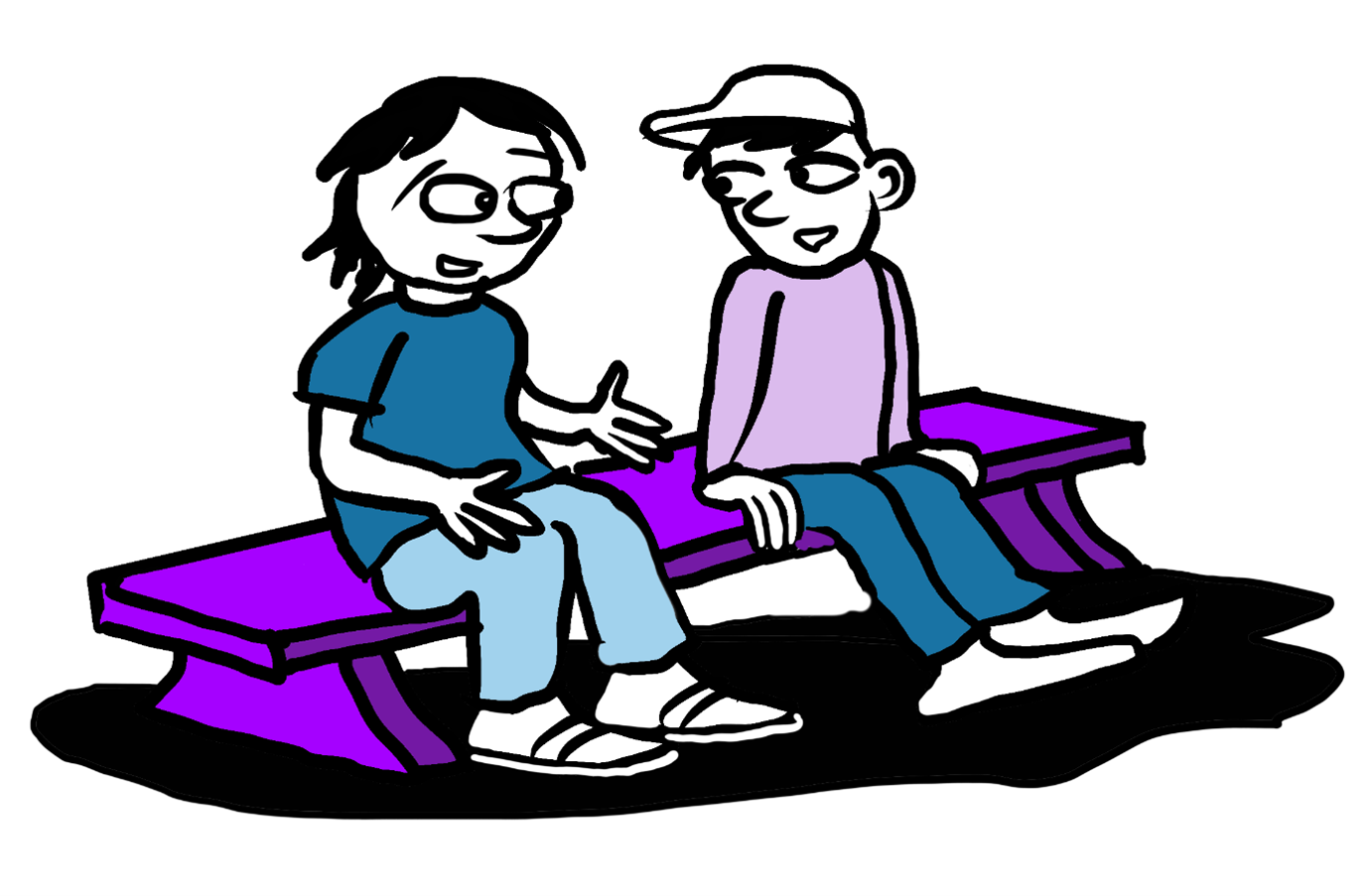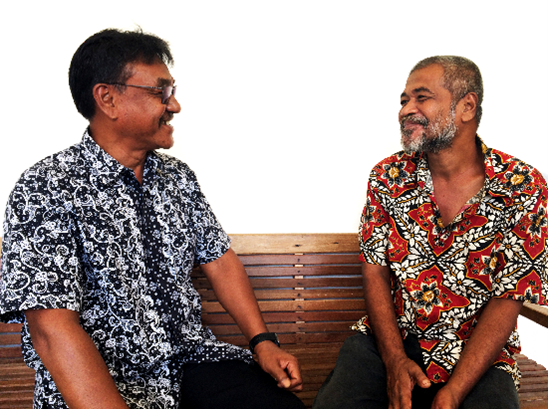“Access means I can explore the world”: Ida Putri on breaking barriers and shaping change
Idpd-case-studies, Stories | October 2, 2025
“Access means I can go everywhere where I would like to go, to explore the world if it’s possible, without having to be worried.”
Ida Putri is an Indonesian disability advocate whose work has made a difference both locally and globally. She works for Institute Inclusive Indonesia (I3), has a master’s degree in Global Politics and a bachelor’s in chemistry, and is a fellow of both the Australian Awards Scholarships (AAS) and is also a CBM Global Advisory Capacity Development and Exchange (ACE) Fellow.
Ida lives with short stature, and for her, access isn’t just about ramps or buildings – it’s about freedom and being part of society.
“I’m still able to walk even in the short distance and then I climb stairs but only small steps, not much. That’s why most it’s being my difficulty to adapt many building, public buildings and then environment,” she says.
She remembers missing out on family trips to places like the zoo because the physical barriers were too much. “We go to the zoo and then it’s difficult for them to carry me… sometimes I have to stay in the car park or the nearest area. So I am still able to enjoy the place but not able to explore.”
Ida has lived with disability since childhood, but it wasn’t until she started working that she faced direct discrimination.
“I don’t really think about discrimination until… I go to the workplace after graduating… I would like to go to the industry, but they usually refused after interviewing me. And then I really find that there’s something wrong with the world.”
This experience led her to advocacy. Since then, she’s become a journalist, writer, advisor and co-founder of an organisation that provides both disability advocacy and technical support to governments and NGOs.
Accessibility is one part of a bigger picture. It works alongside other key elements like non-discrimination, assistive technology and support services. Together these help remove barriers that stop people with disabilities from fully participating in their communities.
For Ida, embracing assistive technology was a turning point. She resisted using a wheelchair for years because of stigma, even though she needed it.
“Before I also think that using wheelchair isn’t the best option… once you are in the wheelchair then you get bound into the wheelchair,” she says. “But I found that well, it is my choice… In certain occasion I need the wheelchair to support my daily activities, but if I have to like not really need, it’s a short distance, I can still walk, so the choice is mine.”
Ida now uses a powered wheelchair, but her ability to move freely still depends on her surroundings.
“It gives me a lot of opportunity… I can go to many places that I never able to explore. But… I need extra support to be enabled to use my wheelchair freely because in Indonesia not many transportation systems support people with mobility disability.”
Even buildings with ramps can fall short. “I have shorter hand like sometimes when the light button is too high or the button for the lift is too high. It’s difficult for me,” she says. “I think it’s multiple dimensions of accessibility for me.”
Ida believes that changing attitudes is just as important as changing infrastructure. Accessibility, she says, is about people.
“I’m thinking that accessibility means that people need to spread the mind… Accessibility is something that is really broad. It’s about connecting people, making people engage.”
She also believes that inclusive workspaces start with inclusive people.
“People have a great mind that they need to be accessible first… they will develop something to make the world accessible.”
Ida encourages others to keep pushing for access, even when it’s hard. She sometimes uses bold actions to show the impact of inaccessibility.
“OK, if you need to crawl to go to the building, then do it and people will see that you’re crawled and it’s not really good to let people crawl to enter your workplace. Then next time let’s do something to avoid him to crawl.”
For Ida, access is about dignity – and dignity means having choices.
“Access means I can go everywhere where I would like to go. To explore the world. Without having to be worried.”
https://www.cbm.org.au/stories/access-means-i-can-explore-the-world-ida-putri-on-breaking-barriers-and-shaping-change
Related Stories

Access means I can move freely: Bimal Paudel on inclusion, innovation, and the ‘Accessibility Paradox’
For Bimal Paudel, disability inclusion isn’t just part of...

Strengthening communities for improved mental health
In the Philippines, people with psychosocial disabilities - particularly in rural and underserved areas...

Sustainable and replicable – our approach to mental health
At CBM, we realise that inclusion and mental wellbeing are foundational to the health...
